In a groundbreaking development that blurs the line between science fiction and reality, researchers have successfully transferred memories between living organisms. The experiment, conducted on planarian flatworms, has sent shockwaves through the neuroscientific community and ignited ethical debates about the future of memory manipulation.
The study, published in Nature Neuroscience, demonstrates how trained responses can be chemically transferred from one worm to another through RNA injections. Lead researcher Dr. James Thompson from UCLA describes this as "the first concrete evidence that memory encoding can be physically extracted and implanted." The implications of this discovery could revolutionize our understanding of consciousness and pave the way for radical treatments for memory-related disorders.
Planarians were chosen for their remarkable regenerative capabilities - including the ability to regrow entire brains. Scientists trained flatworms to associate light with mild electric shocks, creating a conditioned response where the worms would contract defensively when exposed to light alone. The truly astonishing part came when researchers extracted RNA from these trained worms and injected it into untrained specimens.
The results were unprecedented. Within hours, the recipient worms began displaying the same defensive contractions when exposed to light, despite never having experienced the electric shocks themselves. Control groups receiving RNA from untrained worms showed no such response. This suggests that some form of memory encoding had been successfully transferred at a molecular level.
Dr. Thompson's team went further, demonstrating that the effect could be blocked using RNA-interference techniques. When they inhibited specific RNA pathways in the recipient worms, the memory transfer failed to occur. This finding provides crucial evidence that RNA plays a fundamental role in memory storage - a concept that challenges traditional neuroscience dogma which has long centered on synaptic connections as the primary mechanism of memory.
The scientific community remains divided on how to interpret these results. Some researchers caution that what's being transferred might be better described as "sensitization" rather than true episodic memory. However, even skeptics acknowledge that the experiment reveals previously unknown mechanisms of information storage in biological systems.
Ethicists have raised immediate concerns about potential applications in more complex organisms. Professor Elena Rodriguez from the Hastings Center warns, "While this research offers hope for treating conditions like Alzheimer's or PTSD, we must consider the philosophical implications. If memories can be artificially created and implanted, what does that mean for personal identity and authenticity of experience?"
Military organizations have reportedly expressed interest in the technology, seeing potential applications in rapid training of personnel. Meanwhile, several biotech startups have already begun exploring commercial applications, though most experts agree that human applications remain decades away.
The research team emphasizes that their work is still in its earliest stages. "We're not talking about transferring complex human memories," Dr. Thompson clarifies. "What we've demonstrated is a fundamental biological principle that could eventually lead to medical breakthroughs." The next phase of research will focus on mammals, with preliminary mouse trials scheduled to begin next year.
This discovery also reignites long-standing philosophical debates about the nature of consciousness. If memories - often considered the building blocks of personal identity - can be transferred like computer files, it challenges our most basic assumptions about what makes us who we are. The implications for fields ranging from psychology to artificial intelligence are profound.
As the scientific community grapples with these findings, one thing is certain: the worm experiment has opened a Pandora's box of possibilities. Whether this leads to revolutionary treatments for neurological disorders or unforeseen ethical dilemmas remains to be seen. What began as a simple study of flatworm behavior may have inadvertently set humanity on a path toward redefining the very nature of memory and consciousness itself.
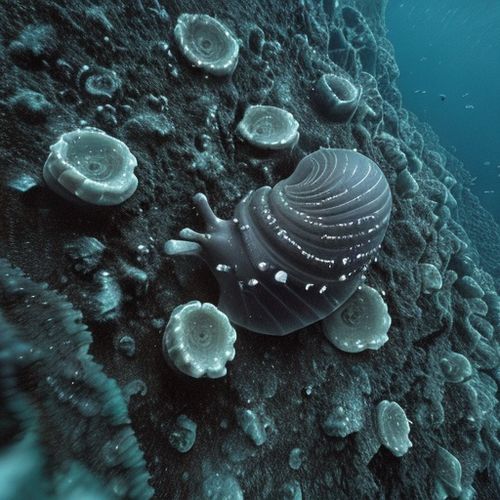
By Emily Johnson/Apr 10, 2025

By Sarah Davis/Apr 10, 2025

By Christopher Harris/Apr 10, 2025
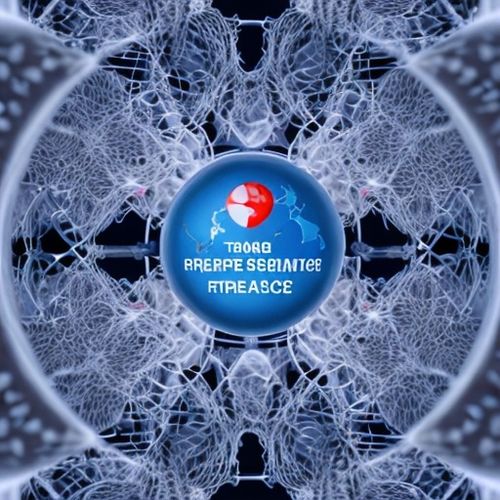
By John Smith/Apr 10, 2025

By Ryan Martin/Apr 10, 2025

By Olivia Reed/Apr 10, 2025

By Sarah Davis/Apr 10, 2025
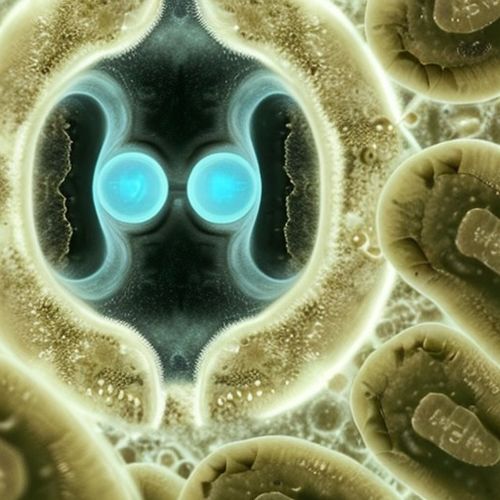
By Victoria Gonzalez/Apr 10, 2025
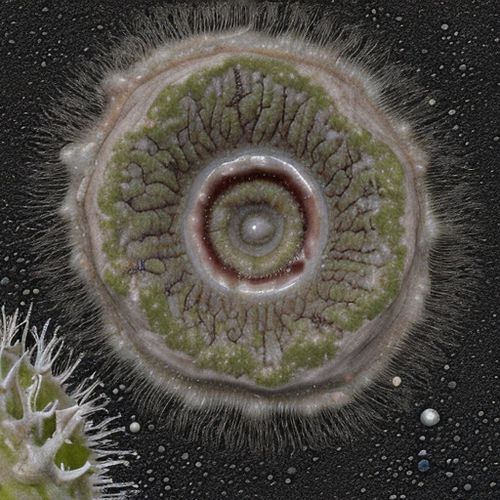
By Laura Wilson/Apr 10, 2025
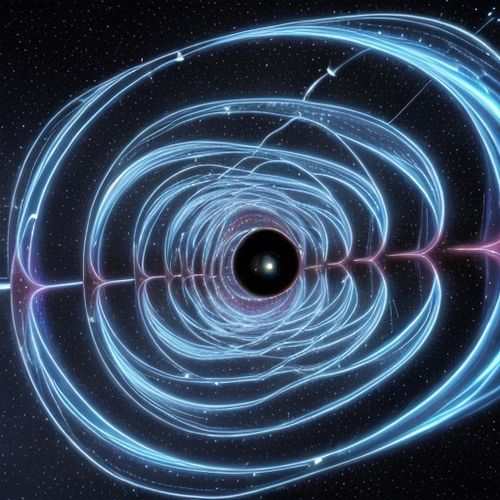
By Lily Simpson/Apr 10, 2025
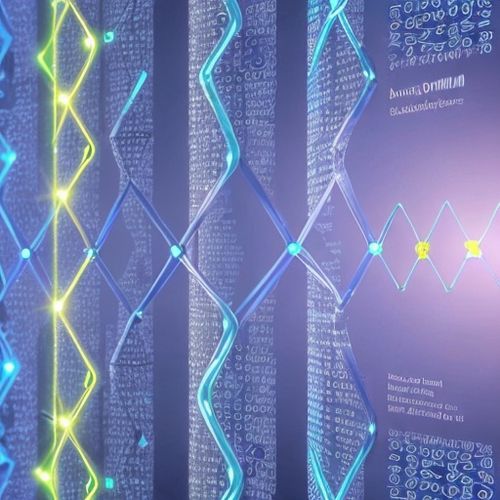
By Grace Cox/Apr 10, 2025
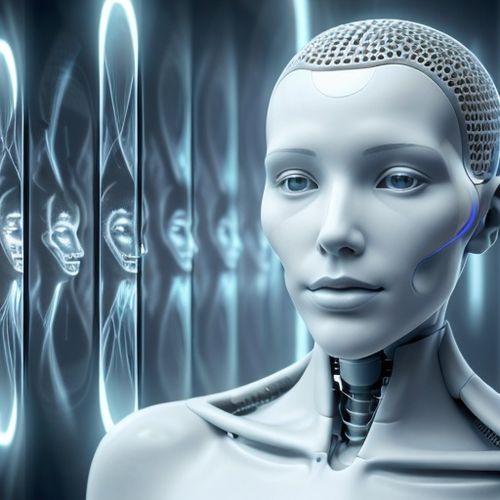
By Emma Thompson/Apr 10, 2025

By Grace Cox/Apr 10, 2025

By Thomas Roberts/Apr 10, 2025

By Laura Wilson/Apr 10, 2025

By Benjamin Evans/Apr 10, 2025

By Megan Clark/Apr 10, 2025